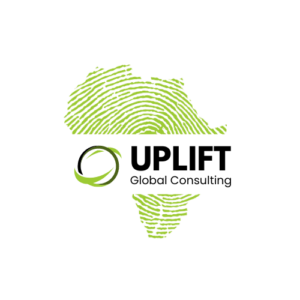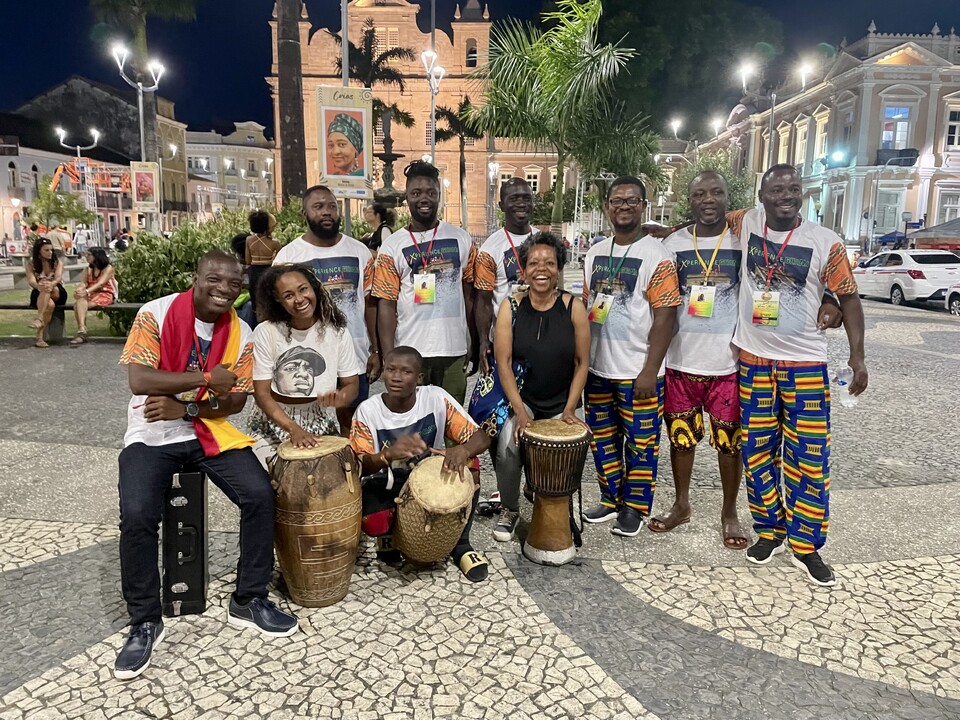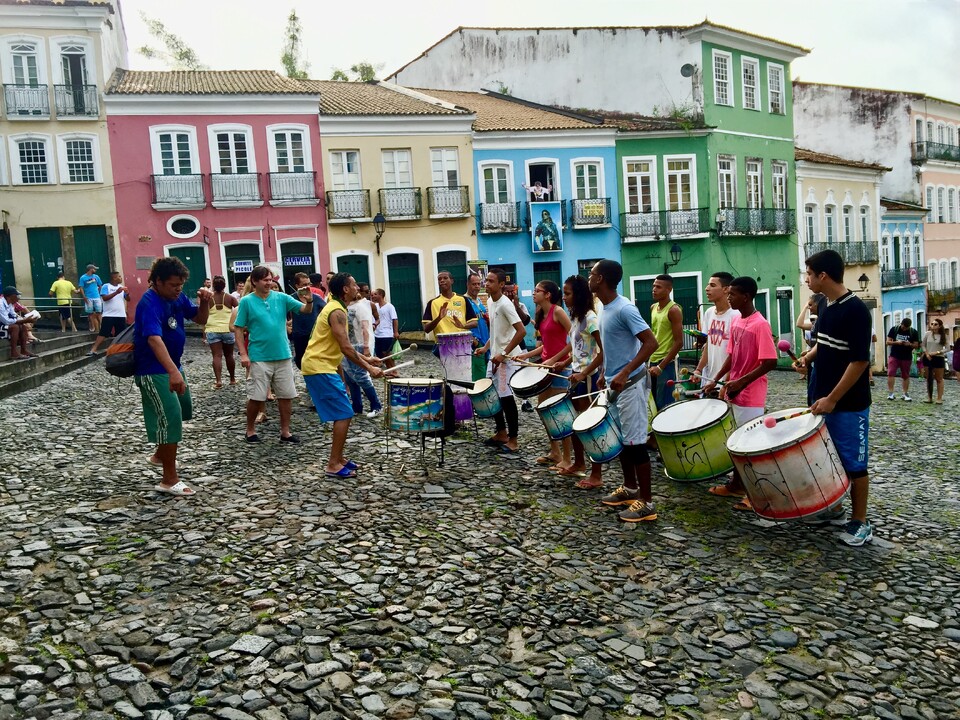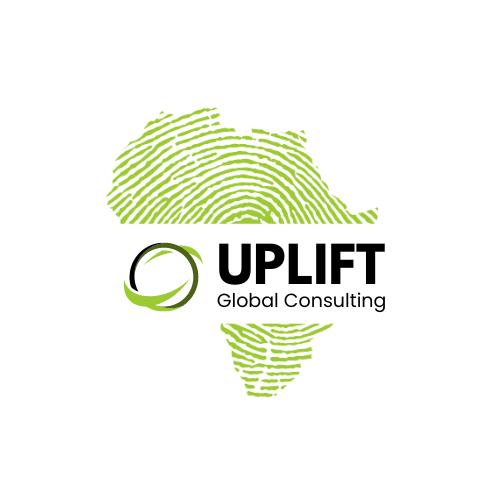I am a child of the African Diaspora. Not the recent Diaspora–neither my parents nor grandparents were born in Africa–but the one beyond that. The one whose roots stretch across time and continents, born out of tragedy and trauma, strength and resilience.
In the last few years, I’ve reflected a lot on what it means to be a born-and-raised Guyanese of African descent. Having lived in the United States for four decades now, much of the discussion and sentiment around the concept of African roots have been grounded in African American thought and experience. But as I formed my own connections with the African continent, I started to look beyond the African American and even my own Afro Guyanese lenses, and saw just how deeply and expansively those roots have spread over time.
For centuries, Africa was made to feel small and insignificant, powerless and without agency. (I worked in international development for several years, and saw how this narrative defined the assumptions upon which many development projects were designed and implemented). But this demeaning narrative has been shifting for a good while now, most visibly in the past decade. Africans have been pushing back on the negative stereotypes permeating the world’s belief systems, and taking up more space on multiple global platforms, including in creative, culinary, financial, investment, and foreign policy arenas, among others.
I started to look beyond the African American and even my own Afro Guyanese lenses, and saw just how deeply and expansively those roots have spread over time.
But it’s not just the African continent that is impacted. Africa’s reach and influence thrives and multiplies in its Diaspora—not only the Diaspora represented by the first, second, and third-generation emigrants now living mostly in the United States, the United Kingdom, and Europe. But also those in the historical Diaspora—the countries and communities where former enslaved Africans were forced to settle and make home, many of them in Latin America and the Caribbean. Over the centuries, they created their own distinct cultures, languages and dialects, food and music styles, and worldviews and belief systems.
Though Africa has become a distant memory in the minds of many in these communities, the echoes of our original home still resonate strongly. You hear it in the rhythms of calypso and soca, samba and merengue. You taste it in the flavors of fufu and metemgee, moqueca and mangu. You see and hear it in cultural expressions, like capoeira, and patois, and Anansi stories. Africa is in the taste, smells, sounds and sights of these communities.
But it’s not just the African continent that is impacted. Africa’s reach and influence thrives and multiplies in its Diaspora—not only the Diaspora represented by the first, second, and third-generation emigrants now living mostly in the United States, the United Kingdom, and Europe.
The fact is, Africa’s reach and influence stretch across space and time, across oceans and continents and centuries. The global community of people of African descent is enormous, vibrant, and bubbling with potential. Strengthening ties between Africa and these communities in Latin America and the Caribbean would allow us to grow our social capital and tap into its vast potential, and drive the kind of change that can positively impact all of us.
Building links across this broad African Diaspora presents an opportunity to connect to and leverage our common ancestry: where home is not just defined by the physical place in which you reside, but also by the sense of belonging to a global network of communities who once called Africa home.



